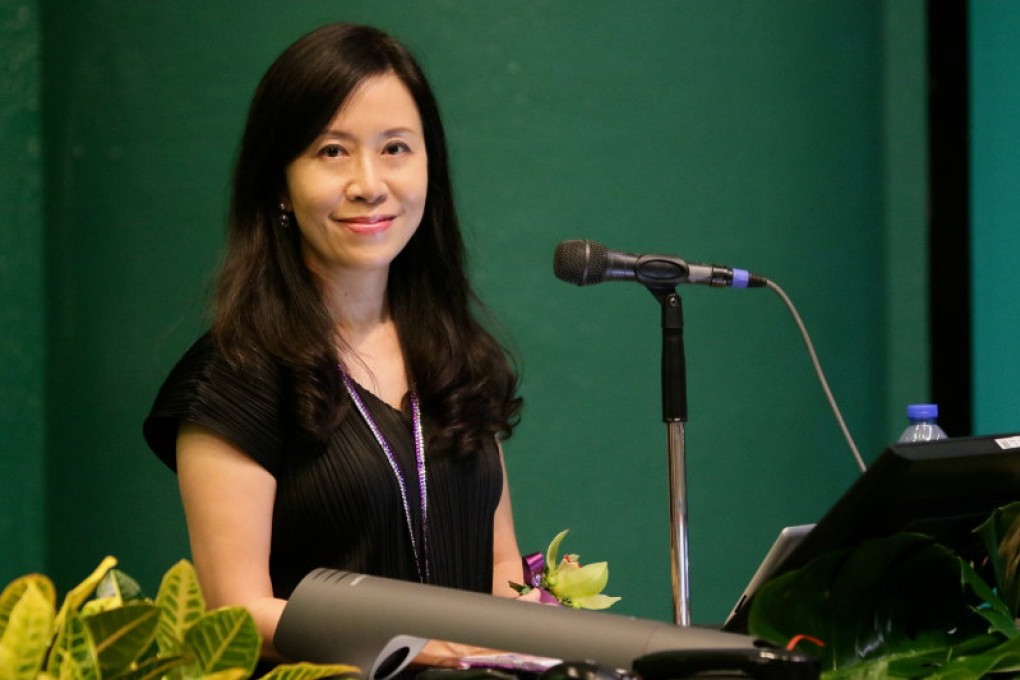Kellogg-HKUST EMBA places a premium on collaboration
The Kellogg-HKUST Executive MBA Programme has become a competitive and internationally recognised program over the last two decades. It has consistently achieved high rankings in educational surveys, and these results reflect the care that has gone into designing the courses.

The Kellogg-HKUST Executive MBA Programme has become a competitive and internationally recognised program over the last two decades. It has consistently achieved high rankings in educational surveys, and these results reflect the care that has gone into designing the courses. The EMBA is a joint venture between the Hong Kong University of Science and Technology ( HKUST ) and the US-based Kellogg School of Management, the business school of Northwestern University.
“18 years ago, the programme wasn’t so well known, but now HKUST is an up-and-coming university. We have a great faculty which has a strong knowledge of Asia, and that is vital in today’s business world,” says Programme Director Judy Au.
As a joint venture, 50 per cent of the faculty comes from the Kellogg School of Management, something which brings students the best of East and West. This global approach is the main reason for the Kellogg-HKUST EMBA’s international success, says Au. “The programme has changed and developed, and this is reflected in the strength of candidates applying. They really have to prove why they should be successful in their application,” she adds.
EMBAs attract students who are already in executive position, so candidates typically range from those in their thirties to those in their fifties. “Our candidates have about 16 years of experience, on average. This is vital, as we expect quality peer-to-peer sharing,” Au says.
The majority of students are already well-positioned on the corporate ladder, and want to give their careers a nudge to become a General Manager or CEO. Typical professions include accountants, lawyers, and IT experts, although anyone can apply – a cosmetic surgeon is a member of this year’s class, for instance. Applicants share a common belief that it’s essential to learn about other areas of industry to achieve the wisdom to become better managers and advance their careers.
Sharing is more than just a cursory part of the student experience. Au says it’s an important part of the success factor at Kellogg-HKUST, and the presence of international students ensures that the sharing has global content. “When we started running the programme, we expected to attract people who were about four hours away by air, from places like Bangkok and Shanghai,” Au says. Today students come from further afield, like Rome, Paris, and Perth in Australia. “62% of our students in the current class fly in to join us,” she says. “This diversity means that students have so much more to share.”
